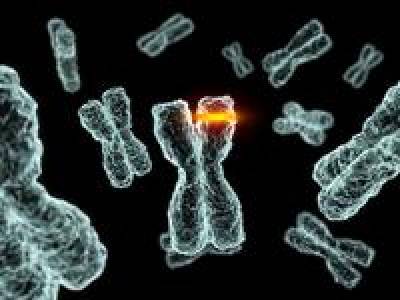
Disease
models are increasingly used to understand
particular biological phenomena, with the expectation that discoveries made in
these models will provide insights into human or animal diseases, or enable the
identification of new targets for the medicines of the future.
This new
research cluster will utilise a range of molecular, cellular, and
whole-organism models to examine fundamental processes in health and disease at
several levels, from whole organisms to tissues, cells, organelles and
proteins.
The second major aspect of this cluster is Clinical pharmacology - defined as the science of drugs and their use in a clinical context. Although underpinned by basic pharmacology, this aspect will have a broad scope, from the discovery of new drug targets and molecules, to the effective formulation and use of medicines in ‘real world’ clinical situations.
Research within this cluster will involve a range of methodologies (e.g. knockout and transgenic mice, zebrafish, electrophysiology, biochemistry, chemistry, imaging) and approaches with the aim of understanding and treating a diverse range of diseases. In particular, we will encourage the use of novel approaches to drug discovery, e.g. zebrafish disease models. We will also foster cross-disciplinary research collaborations and links with other research clusters within the UCL School of Pharmacy and externally to address complex research questions including:
- Development of novel zebrafish models for drug screening for intractable childhood neurological disorders, e.g. Batten Disease
- Identification of pre-symptomatic markers in neurodegenerative disorders for the design of early treatments and prevention
- Development of cellular and animal models for understanding and drug screening for complex adult neurodegenerative diseases, e.g. Parkinson’s disease
- Development and implementation of novel therapies for the treatment of diseases affecting both the brain and spinal cord excitability, e.g. intractable epilepsies or amyotrophic lateral sclerosis
- Development of fluorescent tools for quantitative analysis of drug-receptor interactions in real time in live tissue, e.g. quantum dots
- Development of novel therapies for the treatment of diseases that affect memory, e.g. Alzheimer’s disease, Huntington’s disease
Funding: Researchers in this cluster receive funding from Action Medical Research, the Batten Disease Family Association, Biotechnology and Biological Sciences Research Council, British Medical Association, European Research Council, Leverhulme Trust, Medical Research Council, Michael J. Fox Foundation and the Wellcome Trust.
 Close
Close

